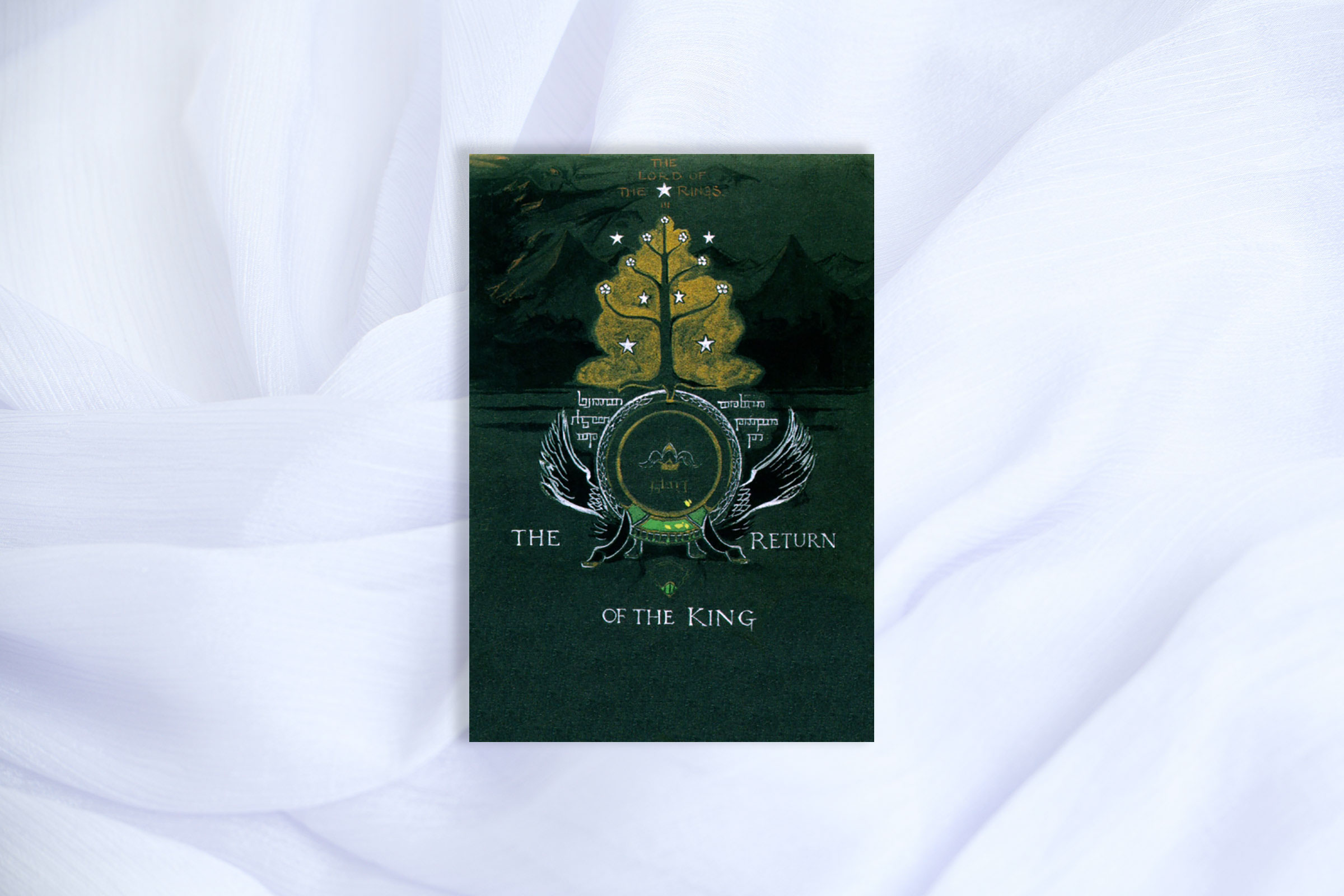The powerful conclusion to the Lord of the Rings adventure not only earned the three-part novel the 1957 International Fantasy Award and the top spot in a 2003 survey conducted by the BBC to determine British readers’ best-loved novel of all time. It also cemented its present-day standing as the gold standard of the fantasy genre, having influenced countless authors since its publication. At once triumphant and heartbreaking, the third volume of J.R.R. Tolkien’s Middle-earth magnum opus picks up with the armies of good preparing to make a desperate last stand against the overwhelming forces of evil under the control of the dark lord Sauron’s Great Eye. But things are even bleaker on the far side of Mordor’s Black Gate, where the burden of the One Ring weighs ever heavier on Frodo as he and Sam edge closer to destroying it. Nearly 50 years after the saga was published, Peter Jackson’s three-part, live-action movie adaptation was crowned the winningest franchise in Academy Awards history when its final installment picked up the award for Best Picture (along with 10 others), becoming the first fantasy film to ever do so. —Megan McCluskey
Buy Now: The Return of the King on Bookshop | Amazon
- The 100 Most Influential People of 2024
- The Revolution of Yulia Navalnaya
- 6 Compliments That Land Every Time
- What's the Deal With the Bitcoin Halving?
- If You're Dating Right Now, You're Brave: Column
- The AI That Could Heal a Divided Internet
- Fallout Is a Brilliant Model for the Future of Video Game Adaptations
- Want Weekly Recs on What to Watch, Read, and More? Sign Up for Worth Your Time
